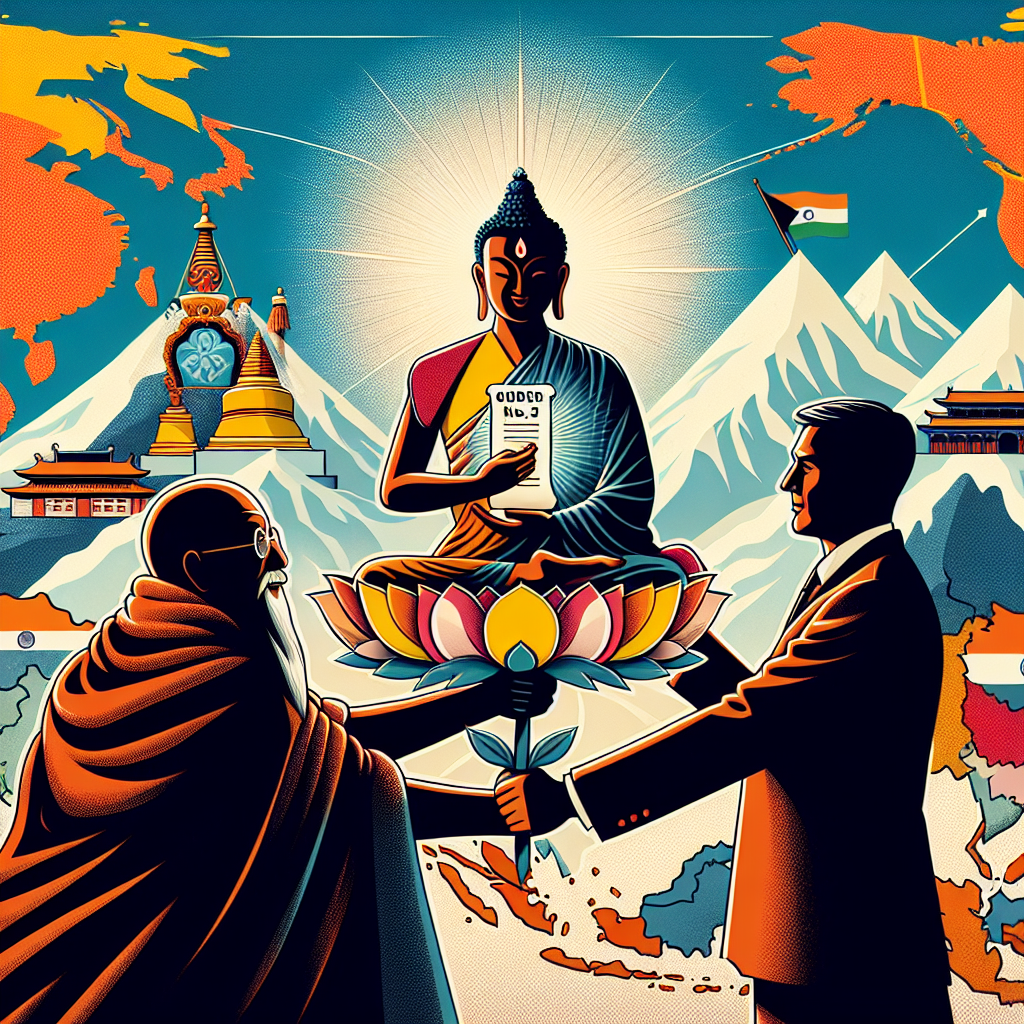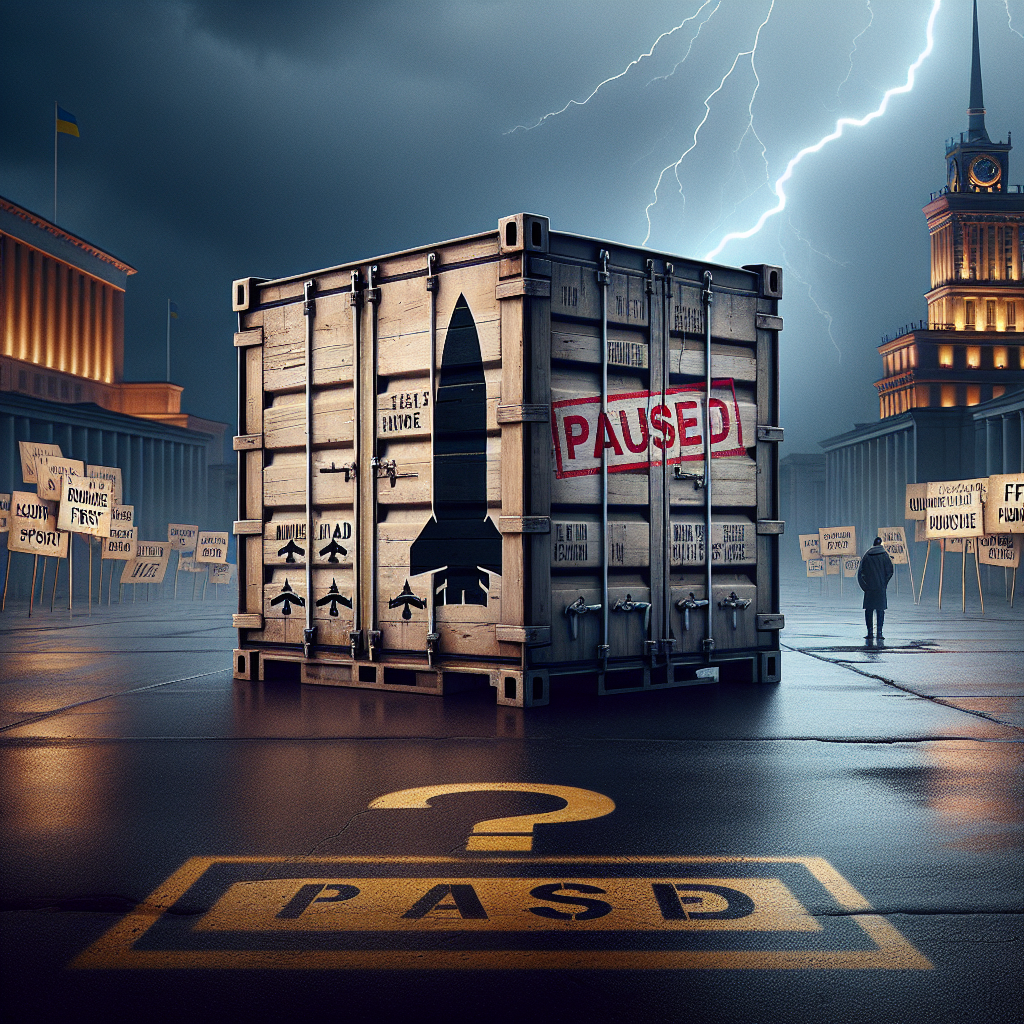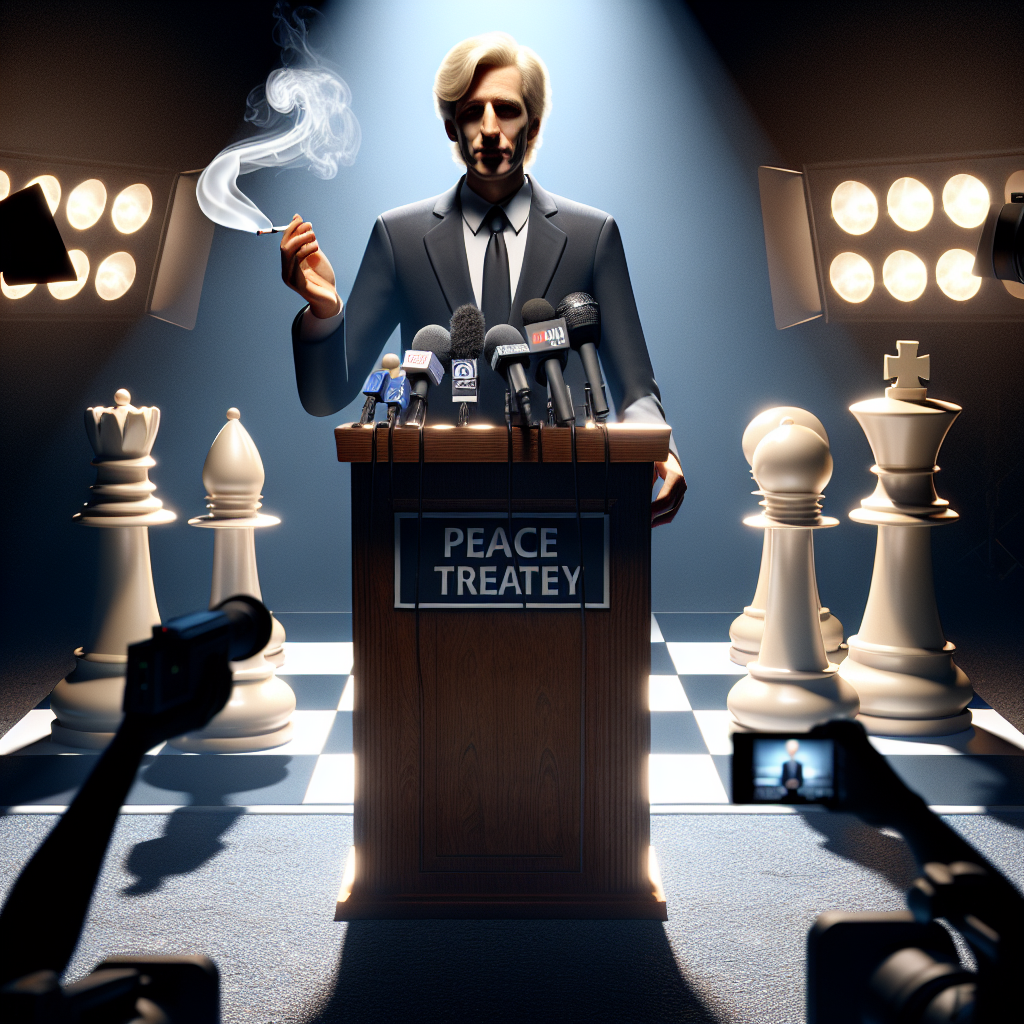Listen up, the truth’s about to drop, and I don’t sugarcoat!
The Dalai Lama — spiritual leader, exiled monk, thorn in Beijing’s side, and global icon of peace (and PR) — has once again lobbed a metaphysical grenade onto the geopolitical chessboard: He’s confirmed there WILL be a successor. That’s right, folks, the reincarnation rollercoaster just fired up again. And if you think this is some quaint religious ritual with incense, meditating monks, and little golden statues — pull up a chair, because you’re missing the fight of the century, and it’s not just about mysticism. It’s about power. Raw, geopolitical, high-stakes power. And three global heavyweights — Beijing, Delhi, and Washington — are elbows-out at ringside.
Now let’s break it down.
Traditionally, the next Dalai Lama is found when a team of senior monks launches what amounts to a celestial scavenger hunt — visions, dreams, sacred lakes, mysterious signs, and oh yes, the occasional toddler who can correctly identify the previous Dalai Lama’s teacup. The whole procedure blends spiritual theatrics with centuries-old rituals, and while it may sound like spiritual Tinder, make no mistake: This process is the soul of Tibetan tradition.
But here’s the catch: In today’s world, that sacred search has a new overseer — the Chinese Communist Party. And yes, I said “Communist” and “reincarnation” in the same sentence, because nothing says Marxist credibility like a Politburo appointing a lama.
See, in 2007, Beijing implemented something so Orwellian it almost deserves applause: the “State Religious Affairs Bureau Order No. 5,” which essentially says, “All reincarnations must be approved by the Chinese government.” Translation? Xi Jinping wants to pick the next Dalai Lama like he’s hiring middle management at a Huawei call center. Picture a smoky backroom in Beijing where bureaucrats with zero spiritual credentials are flipping through toddler resumes: “Ah yes, this one doesn’t believe in Tibetan independence. Hired!”
But His Holiness — crafty as ever — saw this power play coming like a monk spotting storm clouds over the Himalayas.
He’s floated the idea that he might reincarnate outside Tibet. Maybe in India. Maybe in exile. Maybe even *not at all*. And here’s where things get spicy: if the Dalai Lama says the Chinese-selected successor is bogus, then you’ve got two Dalai Lamas. Bingo — a spiritual Cold War, complete with dueling oracles and international diplomacy in saffron robes.
So what happens next?
Let’s play out the scenarios.
**Scenario 1:** China handpicks a puppet Panchen Lama-style successor inside Tibet. This kid grows up on a Beijing-approved curriculum, chanting Marx with a side of mantras. Zero credibility in the global Tibetan community, but a PR tool nonetheless. Xi gets to parade him around like a state-sanctioned saint while crushing Tibetan resistance with a Buddha mask and riot police.
**Scenario 2:** The real Dalai Lama reincarnates in India (where he’s been in exile since 1959). New Delhi, ever hungry to counter Beijing’s dragon-breath aggression, suddenly holds the spiritual high card. Washington, salivating at the chance to stick it to China over human rights, throws support behind this line. Cue international recognition, global legitimacy, and China fuming into its Great Firewall.
**Scenario 3:** Status Quo jiu-jitsu. The Dalai Lama breaks tradition and picks a successor *before* his death. Not technically a reincarnation, but hey — rules are bendable when Beijing’s breathing warfare down your windpipe. This move sets up a succession line immune to communist meddling, and suddenly, the reincarnation becomes a life insurance policy for Tibetan autonomy.
The stakes? Monumental.
For Beijing: legitimacy over Tibet and continued control over a region that’s both spiritually influential and militarily strategic.
For New Delhi: leverage in the Himalayas, where border skirmishes are hotter than a Delhi summer.
For Washington: a perfect soft-power sledgehammer to pound home human rights hypocrisy at every international gathering where China tries to act like a moral compass.
And before you roll your eyes and say, “But it’s just monks and mantras,” remember this: In the age of strongmen and surveillance, even reincarnation has been weaponized.
So, who could be the next Dalai Lama?
Maybe a kid born in the misty hills of Ladakh. Maybe one growing up under Australian skies. Maybe someone not even born yet — but destined to walk into a political powder keg wearing the robes of peace while juggling the landmines of power.
One Dalai Lama. Two global empires. And a reincarnated resistance Beijing can’t censor out of existence.
The game’s on, and I play to win.
– Mr. 47










